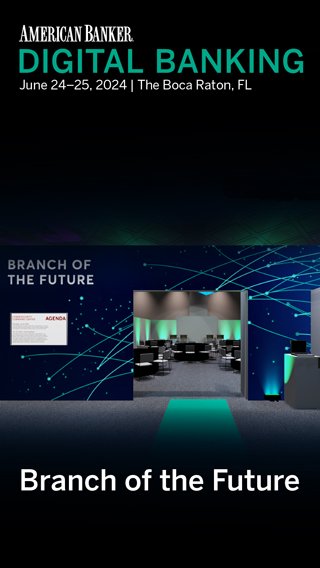Industry pulse: Community bank perspectives
/Carey Ransom is a SaaS entrepreneur, executive, investor and advisor, and a contributor for The FR, and has started, grown and/or led 8 B2B and consumer SaaS companies during startup and growth phases. He is currently President of Operate and the Managing Director of BankTech Ventures, a newly launched strategic investment fund focused on compelling technologies for community banks, and founded and funded by leaders in the community bank ecosystem.
I get the privilege of meeting with hundreds of community bankers throughout the year, opportunities that help me understand what is on their minds and how they’re thinking about the future of the industry. Our recent BankTech Summit in Atlanta in May was more than just an event. It was a convergence of minds with perspectives from 150 bankers, banking technology entrepreneurs and select partners who were focused on the future of banking. Here are four takeaways:
Data is a critical asset
Banks recognize data as their most valuable asset, which is crucial for remaining independent and competitive. Their challenge lies in getting it in a form that can make their data actionable to personalize offerings and enhance the customer experience.
One panelist described how their bank initiated small-scale data projects, such as analyzing customer transaction data to uncover unexpected behaviors, including those related to financial products from other companies. This uncovered clear opportunities for relationship managers to speak with customers about specific financial products, a more personalized conversation about customer goals along with insights to inform the rollout of new commercial card solutions.
Rather than aiming for a comprehensive data strategy from the outset, many banks agreed that starting small and building on initial successes is a more pragmatic and productive approach. Conversations emphasized the importance of building a culture of data and incremental continuous progress.
Talent acquisition and retention is a priority
Talent has become a critical issue for banks. They are faced with an aging workforce and need to attract and retain curious, innovative individuals to drive digital transformation across their businesses.
For example, a community bank CEO shared that their bank—which values curiosity as a core principle—has been successful in attracting top talent by showcasing compelling business initiatives and stories of employees driving change.
Younger talent cares about purpose and community, and banks can capitalize on that by sharing the stories of impact they and their team members are having. This is one way banks can become an employer of choice for top talent.
Decisive action over inertia
In today's agile world, inaction leads to stagnation. Banks must adopt a culture of swift decision-making and continuous iteration.
A mid-sized bank shared how their leadership team implemented a "fail fast, learn faster" approach. They started with small digital projects, rapidly prototyped, tested and iterated based on frequent feedback. This approach accelerated their innovation cycle and led to more successful product launches.
Panelists emphasized the importance of starting small, building momentum, celebrating progress and iterating toward larger projects. Banks that embrace a culture of decisive action and continuous improvement will thrive in a fast-paced environment.
There’s a distinction between bank tech and fintech
Understanding the difference between bank technology solutions and fintech competitors is useful as banks navigate technology strategies. Bankers discussed how bank tech aims to enhance banks' operations and offerings, while fintechs often compete directly with banks for customers and revenue.
A community bank CEO discussed their successful implementation of an integration-as-a-service platform that let them quickly launch a new digital account opening provider and offered APIs to reuse for additional digital projects. Understanding the difference between bank tech and fintech will help banks compete and improve their operational efficiency.








